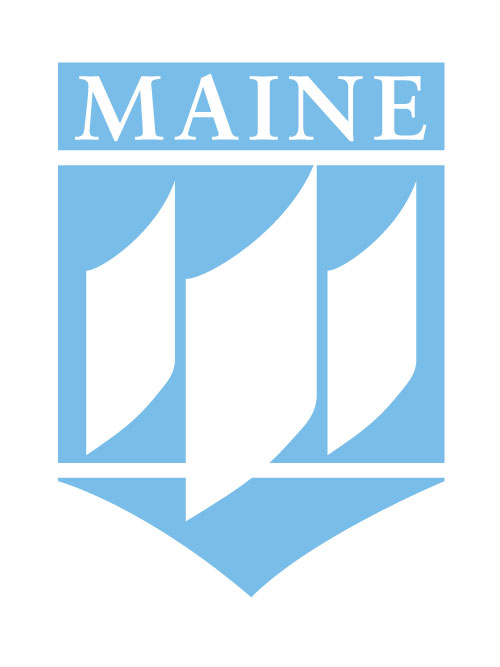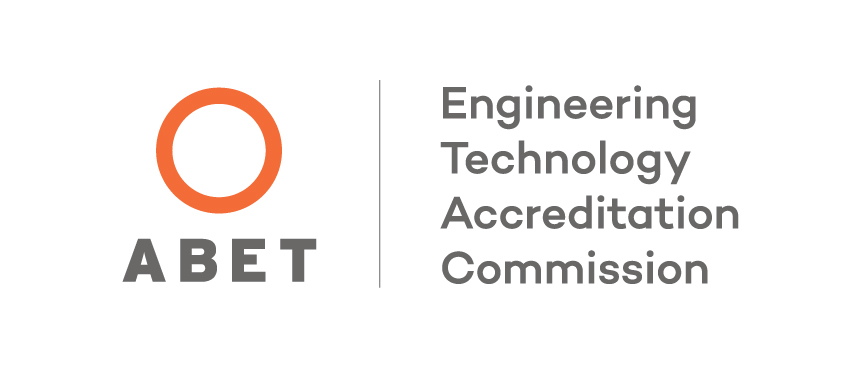100% On-Line Degree Options
Multi-Year NCEES Surveying Education Award Winner
2016, 2017, 2018, 2019, 2021, 2022, 2023
The Surveying Engineering Technology program is a surveying program that focuses on skills and education required for professional practice with a combination of surveying, practical engineering, and business.

This program will prepare students to be eligible for licensure. Licensure in the U.S. is state-based with each state having different education requirement. Visit the UMS State Authorization & Licensure page to learn more about the licensure requirements and the contact information needed to inquire further into the licensure requirements associated with this program.
Faculty: All professors in the program are licensed surveyors in a United States jurisdiction. See faculty web page.
Alumni: The program is proud of the alumni. See alumni page
Research by Graduates: Students in the program are performing research beneficial to professional surveyors. See research topics
Newsletters: Newsletters, IAC Minutes, and Other Documents. See Newsletters

